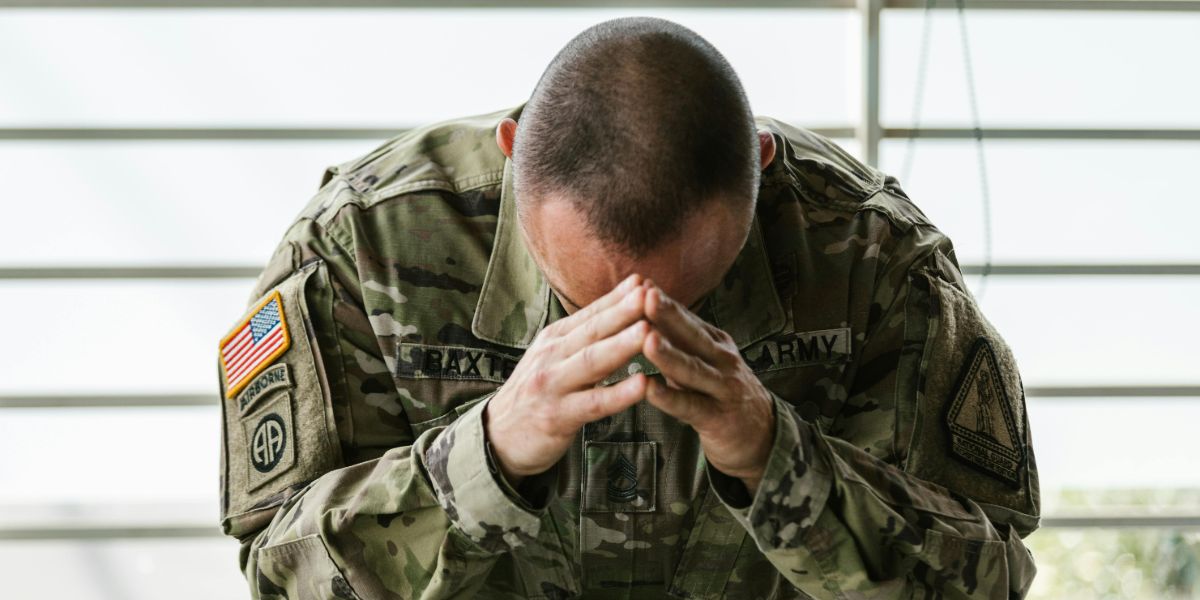How Does Nature Aid in Recovery?
Nature can significantly contribute to recovery by providing a serene environment that promotes mental peace and acuity. A study by the University of Plymouth revealed that exposure to green spaces could help curb cravings for cigarettes, alcohol, and unhealthy foods, thus aiding in mental health recovery.
- Mental Health: Nature provides a calm and soothing environment that can enhance mental peace and clarity, thus aiding in the recovery of mental health conditions.
- Physical Health: The outdoors offer opportunities for exercise, exposure to vitamin D, and negative ions that boost immunity, contributing to physical health recovery.
- Well-being: Nature can stimulate the production of endorphins, serotonin, norepinephrine, and dopamine in the brain, helping individuals in recovery from substance abuse experience feelings of pleasure and well-being.
Can Outdoor Activities Contribute to the Recovery Process?
Yes, engaging in outdoor activities can significantly aid the recovery process. Activities such as walking, hiking, cycling, running, swimming, and seasonal sports can be beneficial. Even passive activities like sitting on a park bench can help individuals feel more refreshed and aid in their recovery. A nature-based rehab program offers a unique approach to recovery by integrating the calming effects of nature while also including more activity-based exercises such as hiking and swimming.
- Walking: Walking is a low-impact exercise that can help improve mental and physical health, making it beneficial for recovery.
- Hiking: Hiking in nature can provide both physical exercise and mental relaxation, aiding in the recovery process.
- Cycling: Cycling is a great way to get exercise and enjoy the outdoors, contributing to both mental and physical recovery.
How Can Viewing Nature Scenes Impact the Recovery Process?
Viewing nature scenes before encountering a stressor can alter autonomic activity during the recovery period. This means that the body’s automatic functions, like heart rate and blood pressure, can be positively influenced, aiding in the recovery process.
- Nature Scenes: Viewing nature scenes can provide a calming effect, reducing stress and anxiety, and thus aiding in recovery. Relaxing along the beach overlooking the ocean can be an incredibly serene experience.
- Autonomic Activity: Nature can positively influence the body’s automatic functions, like heart rate and blood pressure, contributing to the recovery process.
- Stressor: Being in nature before encountering a stressor can help prepare the body and mind for the stressor, aiding in recovery.
Does Nature Help in Substance Abuse Recovery?
Yes, nature can play a significant role in substance abuse recovery. The production of endorphins, serotonin, norepinephrine, and dopamine when outside can help individuals re-learn how to experience pleasurable feelings, aiding in their recovery from substance abuse.
- Substance Abuse Recovery: Nature can stimulate the production of certain chemicals in the brain that can help individuals re-learn how to experience pleasure, aiding in their recovery from substance abuse.
- Endorphins: Being in nature can stimulate the production of endorphins, which are known to help produce feelings of pleasure and satisfaction, aiding in recovery.
- Dopamine: Nature can stimulate the production of dopamine, a neurotransmitter associated with pleasure and reward, which can aid in substance abuse recovery.
Can Nature Help Improve Immunity During Recovery?
Yes, being in nature can help improve immunity during recovery. Exposure to the outdoors can provide vitamin D and negative ions, both of which are known to boost immunity and overall health, thus aiding in the recovery process.
- Vitamin D: Exposure to sunlight in nature can help the body produce vitamin D, which is essential for immune function and overall health, aiding in recovery.
- Negative Ions: Being outdoors, especially near water bodies, can expose individuals to negative ions, which are known to boost immunity and overall health, aiding in recovery.
- Immunity: Improved immunity can help the body fight off diseases and heal faster, thus aiding in the recovery process.
Britney Elyse has over 15 years experience in mental health and addiction treatment. Britney completed her undergraduate work at San Francisco State University and her M.A. in Clinical Psychology at Antioch University. Britney worked in the music industry for several years prior to discovering her calling as a therapist. Britney’s background in music management, gave her first hand experience working with musicians impacted by addiction. Britney specializes in treating trauma using Somatic Experiencing and evidence based practices. Britney’s work begins with forming a strong therapeutic alliance to gain trust and promote change. Britney has given many presentations on somatic therapy in the treatment setting to increase awareness and decrease the stigma of mental health issues. A few years ago, Britney moved into the role of Clinical Director and found her passion in supervising the clinical team. Britney’s unique approach to client care, allows us to access and heal, our most severe cases with compassion and love. Prior to join the Carrara team, Britney was the Clinical Director of a premier luxury treatment facility with 6 residential houses and an outpatient program




